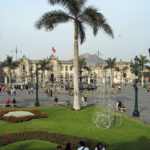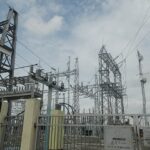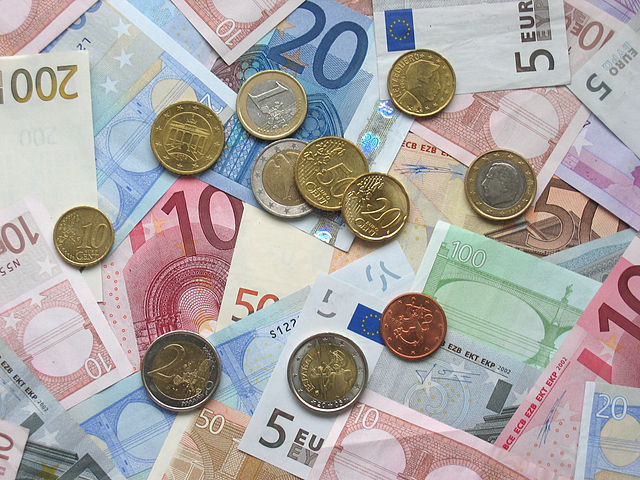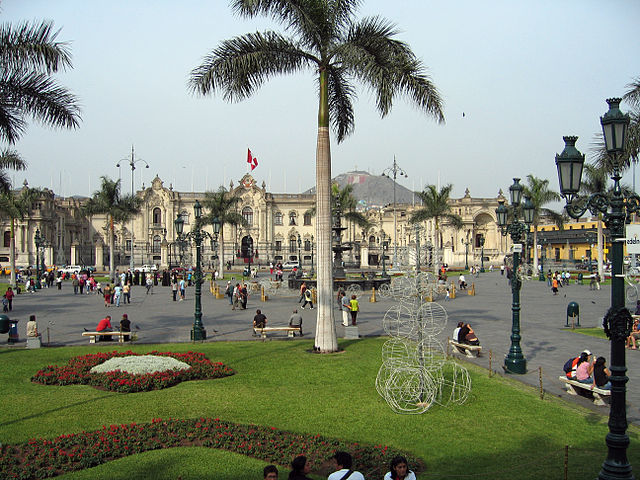July 10, 2023. In a significant development, Foreign Direct Investment (FDI) in Latin America and the Caribbean experienced a remarkable surge in 2022, reaching a historic high of $224.579 billion dollars. This represents a staggering increase of 55.2% compared to the previous year, according to a report released by the Economic Commission for Latin America and the Caribbean (ECLAC). The report highlights the need for countries in the region to enhance their policy frameworks to capitalize on the potential of FDI in fostering sustainable and productive development. It also emphasizes the role of FDI in supporting the energy transition. As the region seeks to recover from the pandemic and build a resilient future, leveraging FDI becomes crucial for sustainable economic growth.
FDI Surge and Factors Driving Growth
The report attributes the surge in FDI to increased investments in certain countries, most notably Brazil. All components of FDI experienced growth, particularly reinvested earnings, which played a significant role in driving the overall increase. The services sector witnessed a notable increase in FDI inflows. This positive trend aligns with the post-pandemic recovery, although it remains uncertain whether similar levels of FDI will be sustained in 2023. The report also highlights the fact that FDI inflows to Latin America and the Caribbean had not surpassed $200 billion dollars since 2013. Furthermore, FDI as a share of regional GDP increased to 4.0%, indicating its growing importance in the region’s economies.
Challenges and Opportunities for Sustainable Development
ECLAC stresses the importance of attracting and retaining FDI that contributes effectively to sustainable and inclusive productive development in the region. The evolving landscape of global value chains and shifting production locations due to changing globalization present new opportunities. To maximize the potential of FDI, countries must focus on post-establishment productive development policies. These policies should encompass the promotion of productive linkages, value chain development, human resource capacity-building, infrastructure development, logistics enhancement, and local capacity building. The aim is to ensure that FDI not only flows into the region but also generates lasting positive impacts on sustainable economic development.
Regional and Global FDI Landscape
While Latin America and the Caribbean experienced a surge in FDI, the global FDI scenario in 2022 was heterogeneous. FDI inflows declined in the United States and certain European Union countries. Globally, FDI inflows contracted by 12% compared to 2021, totaling $1.29 trillion dollars. The report highlights that nearly all countries in Latin America and the Caribbean received increased FDI inflows in 2022. Brazil emerged as the leading recipient, followed by Mexico, Chile, Colombia, Argentina, and Peru. Costa Rica was the main recipient in Central America, while the Dominican Republic experienced substantial growth in FDI inflows, making it the second-largest recipient country in the region after Guyana. Additionally, the report reveals a noteworthy increase in FDI outflows from Latin America and the Caribbean to destinations within and outside the region. The amount invested abroad by transnational Latin American companies, known as translatinas, reached a historic high of $74.677 billion dollars in 2022.
FDI and Energy Transition
The report emphasizes the crucial role of FDI in supporting the energy transition in the region. Latin America and the Caribbean already have a higher percentage of installed capacity for renewable energy compared to the global average. The region’s clean electricity generation matrix positions it as a potential origin for the production of goods currently manufactured in countries with less clean energy matrices. FDI can play a critical role in accelerating the energy transition by facilitating technology transfer and fostering the adoption of emerging technologies. Governments have a pivotal role in coordinating strategies for successful energy transitions. They must develop long-term policies that promote investments in renewable energy sources, ensuring a rapid and secure transition that keeps the region competitive.
Balancing Non-renewable Energy and Social Demands
While the report advocates for a rapid shift to renewable energy, it acknowledges the significance of the non-renewable energy sector for some countries in addressing social demands and ensuring energy security. Policymakers must strike a balance between reducing non-renewable energy activities in line with climate commitments and managing the associated economic and social costs. Governments should focus on long-term policies that promote investments in renewable energy sources while addressing the specific needs of countries dependent on non-renewable energy. By doing so, the region can meet its climate objectives while safeguarding employment, investment, and income.
Improving Policy Design and Institutional Capacities
The report emphasizes the need for Latin American and Caribbean countries to enhance their policy frameworks and strengthen institutional capacities to attract investment effectively. It calls for aligning FDI attraction efforts with productive development strategies and agendas. FDI should be strategically utilized as a tool for advancing sustainable and productive development processes.
Conclusion
The surge in Foreign Direct Investment in Latin America and the Caribbean presents significant opportunities for the region’s sustainable development and energy transition. Governments need to focus on improving policy design, strengthening institutional capacities, and promoting productive development to leverage the potential of FDI fully. By prioritizing sustainable development and strategic investments, the region can unlock its economic potential while advancing towards a greener and more prosperous future.










